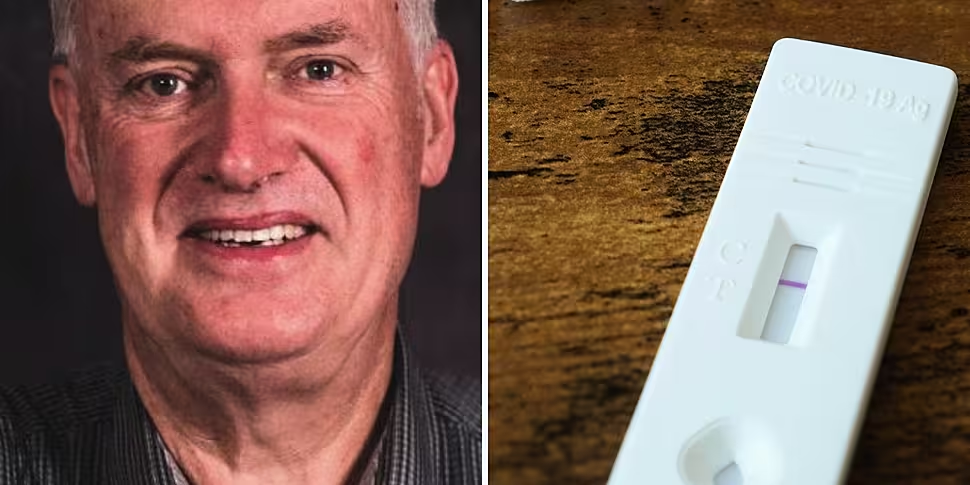Long-COVID may be caused by “ghosts” of the virus lingering in the body, according to Professor Luke O'Neill.
Professor O’Neill was speaking to Pat Kenny from a major conference in Philadelphia where COVID remains high on the agenda.
He said around half the speakers were researching long COVID – with one study in particular causing much excitement.
“Long COVID remains a big concern and the incidence is quite high – especially in the US because if you’re unvaccinated, you are at a higher risk of long COVID as well,” he said
“There has been a breakthrough. A major reason, they think, is because ‘ghosts’ of COVID are lingering in your body, especially in your stomach and your colon and your digestive system. They’ve detected remnants of the virus in your gut basically.
“It was a massive study and in 46% of people who have long COVID, they can detect these remnants.”
Long COVID
Long COVID is generally defined as symptoms that remain for longer than 12 weeks after initial COVID infection.
There are more than 200 symptoms associated with the disorder, ranging from mild in severity to debilitating.
Now, two studies have shown that COVID particles can linger in the gut for months after initial infection.
The first study finds that patients continue to ‘shed’ particles of COVID in their faeces for seven months post-diagnosis and notes that the findings suggest that long-term infection of the gastrointestinal tract has a role in long COVID.
The second study found 32 of 46 (69.5%) of patients with mild COVID were still shedding particles in their faeces seven months later.
Around two-thirds of the 32 had symptoms of long COVID.
Treatment
Professor O’Neill said other studies have also found ‘reservoirs’ of COVID in other parts of the body.
“It looks as if these remnants may be a major cause of long COVID symptoms,” he said.
“That is an advance because if you can clear those remnants out, say with an anti-viral drug for instance, you may well have a way to stop long COVID as well.
“So, it was really seen as a huge breakthrough here at the conference. There’s a lot of excitement around that. It is the first big breakthrough in many ways in our understanding of long COVID.”









